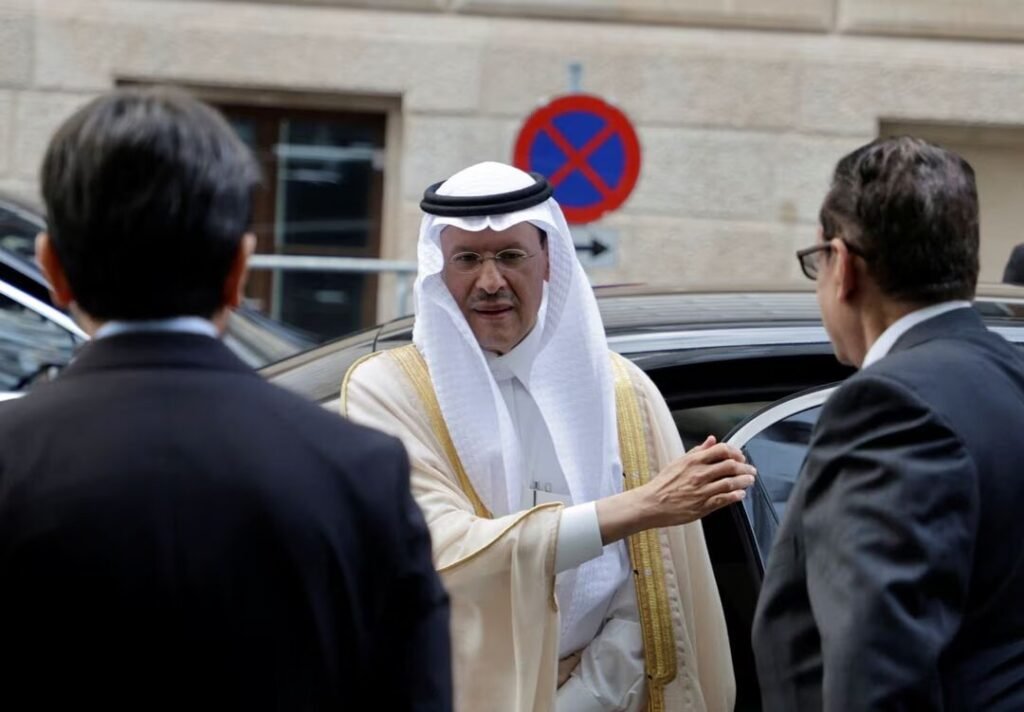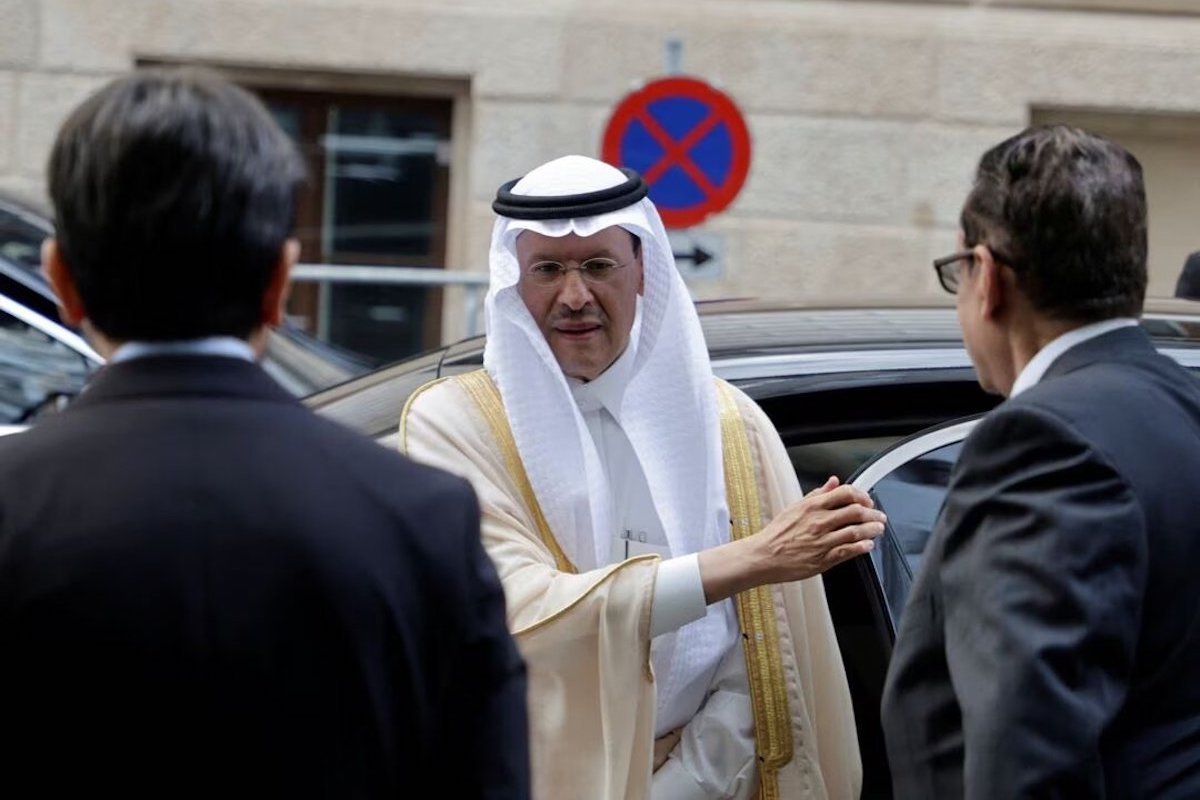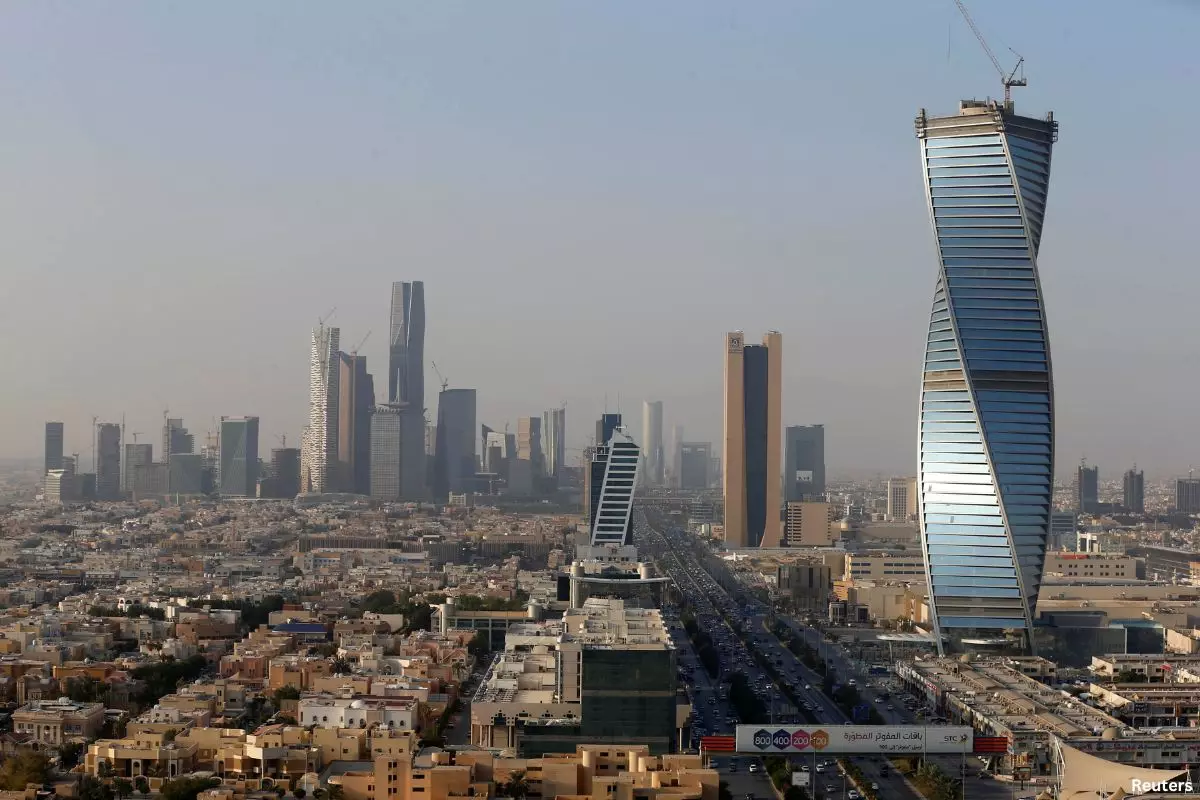Oil prices experienced an increase after Saudi Arabia announced its plan to cut production by one million barrels per day (bpd) in July. Other members of OPEC+, a coalition of oil-producing countries, also agreed to continue reducing their production levels in an effort to stabilize prices.
OPEC+ holds a significant share, around 40%, of the global crude oil market, and its decisions can have a substantial impact on oil prices. During Asian trading on Monday, Brent crude oil saw a rise of up to 2.4%, eventually settling at approximately $77 per barrel.
OPEC+ declared that production targets would be further reduced by 1.4 million bpd starting in 2024. The meeting, which lasted for seven hours on Sunday, took place amid declining energy prices. Oil prices had surged following Russia’s invasion of Ukraine but have since returned to pre-conflict levels.
In October of the previous year, OPEC+ had agreed to cut production by two million bpd, equivalent to roughly 2% of global demand. In April of this year, the group extended the cuts until the end of the year. However, Russian Deputy Prime Minister Alexander Novak stated that Sunday’s discussions led to an “extension of the deal until the end of 2024.” Saudi Energy Minister Prince Abdulaziz bin Salman mentioned that the one million bpd reduction by his country could be extended beyond July if necessary, referring to it as a “Saudi lollipop” intended to stabilize the market. Oil producers are currently grappling with falling prices and market volatility due to the ongoing Russian invasion of Ukraine.

The West has accused OPEC of price manipulation and undermining the global economy through high energy costs. It has also criticized the group for aligning with Russia despite sanctions related to the invasion of Ukraine. In response, OPEC insiders have claimed that the West’s monetary policies in the past decade have driven inflation, necessitating action from oil-producing nations to maintain the value of their primary export.












